Weight, social ties and other factors that increase your risk of breast cancer relapse
Find out which factors can raise your risk of cancer recurrence, plus how to lower your risk when possible.

Breast cancer affects both men and women; in 2017, more than 250,000 and 2,000 new cases in women and men were expected, respectively. If you or your loved one was diagnosed with breast cancer, you may have experienced a long and difficult pathway through rounds of testing and different types of therapies.
The disease can be brought into remission—when signs or symptoms decrease or disappear—if caught early enough and if it responds well to treatment. There are two types of remission—partial and complete remission. With partial remission some signs and symptoms disappear; with complete remission, all signs disappear but the cancer can remain in the body.
If cancer goes into remission, you might be eager to get back to your usual life and move past the cancer. But, unfortunately, in any cancer, there is always a risk the disease can return.
Some factors like skipping follow-up treatment may contribute to breast cancer recurrence. Here are the factors that can increase your chances of breast cancer recurrence, plus tips to lower your recurrence risk when possible.

You skip follow-up treatment
An important part of care after remission for people with breast cancer is follow-up treatment. And yet a study from Johns Hopkins of 2,754 patients in Florida and Pennsylvania showed that about 30 percent of patients skipped their additional care. These patients received surgery to remove their cancer but didn’t receive additional treatment—such as chemotherapy or radiation—to kill remaining cancer cells. By skipping additional care, their chances of breast cancer recurrence increased by 40 percent.
This study, which collected data through a survey, reported that these patients opted out of additional treatment due to their distrust in medical institutions and their insurers. The patients’ feelings of trust or distrust of their medical doctor didn’t appear to be a factor.
“If we want more women with breast cancer to complete their treatment, we’ll need to deal with their beliefs about the healthcare system—and I do think we can modify those beliefs,” lead study author Lorraine T. Dean, doctor of science (ScD), said in a press release.

You’re lonely or isolated
While many people are ready to get back to life as usual following breast cancer remission, others may have a more difficult time due to the emotional strain that a cancer diagnosis and treatment may cause. Connecting with support groups and other programs may help people feel like part of a community.
In fact, data from Kaiser Permanente's Division of Research confirmed the importance of social connection in remission. In a group of over 9,000 female patients with invasive breast cancer, or cancer that’s spread to surrounding tissue, women who were socially isolated (few social ties) had a 43 percent higher risk of relapse compared to women who were socially connected (many social ties). Socially isolated women also had a 64 percent increased risk of dying from breast cancer.
“Ultimately, this research may be able to help doctors tailor clinical interventions regarding social support for breast cancer patients based on the particular needs of women in different sociodemographic groups,” Candyce H. Kroenke, ScD, MPH, a research scientist with Kaiser Permanente and lead author of the study, said in a press release.
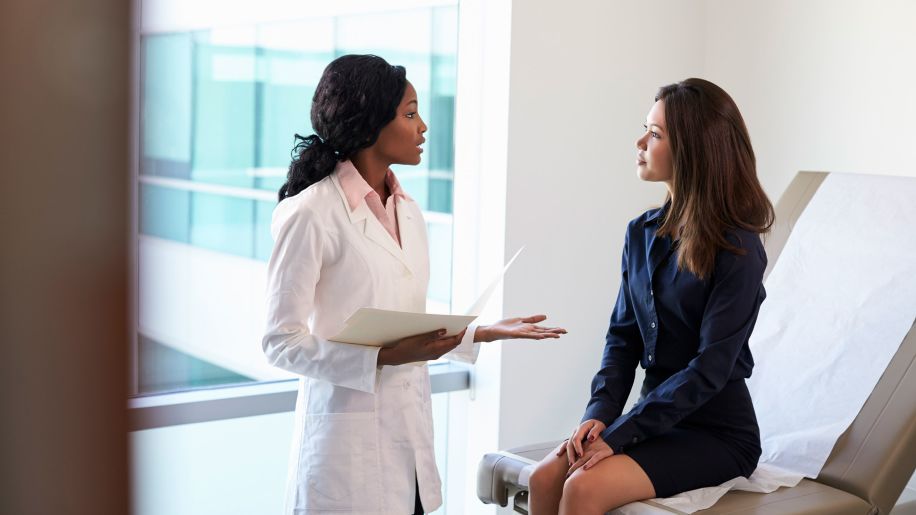
You were diagnosed at a young age
Several studies have also confirmed age as a contributing factor to breast cancer recurrence.
While the incidence of breast cancer is lower in younger women, those diagnosed when they were younger than 40 years old have a higher risk of recurrence than woman diagnosed at an older age. One study showed that a group of over 22,000 women diagnosed with breast cancer when they were younger than 40 had lower rates of breast cancer-specific survival ten years later.
A more recent study published in JAMA Oncology found that, in a group of over 5,000 people with early-stage breast cancer, younger age was associated with an increased risk of ipsilateral (one-sided) breast tumor recurrence at a 20-year follow up.
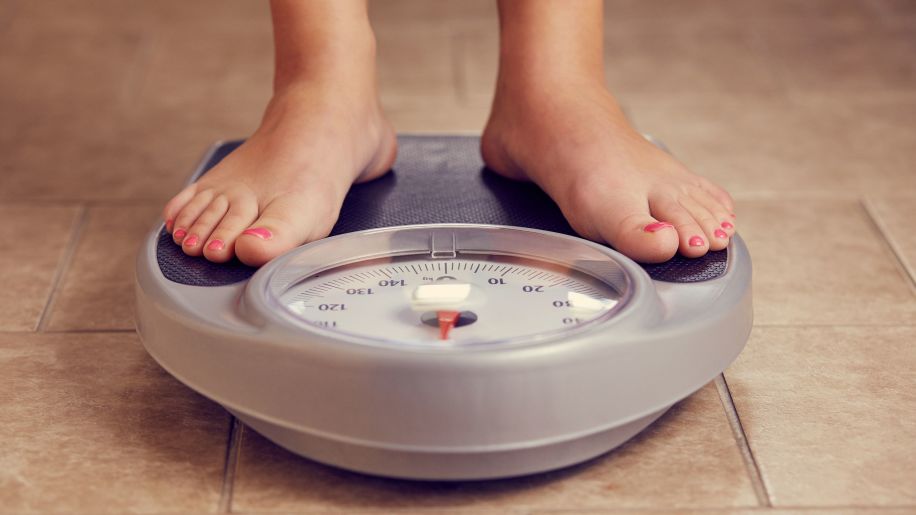
Your weight
Weight loss is a common side effect of many different kinds of cancer treatments. So regaining the weight you lost during treatment is normal. However, it’s important to maintain a healthy weight during your recovery, as weight is a contributor to breast cancer relapse.
A meta-analysis, or literature review, of 43 studies found that obese women have lower rates of survival compared to non-obese women. Additional observational studies revealed that women who are obese at breast cancer diagnosis have an approximately 33 percent higher risk of recurrence; in addition, those who gain weight following diagnosis are also at higher risk of recurrence. Studies have also indicated that being physically active can significantly lower this risk.
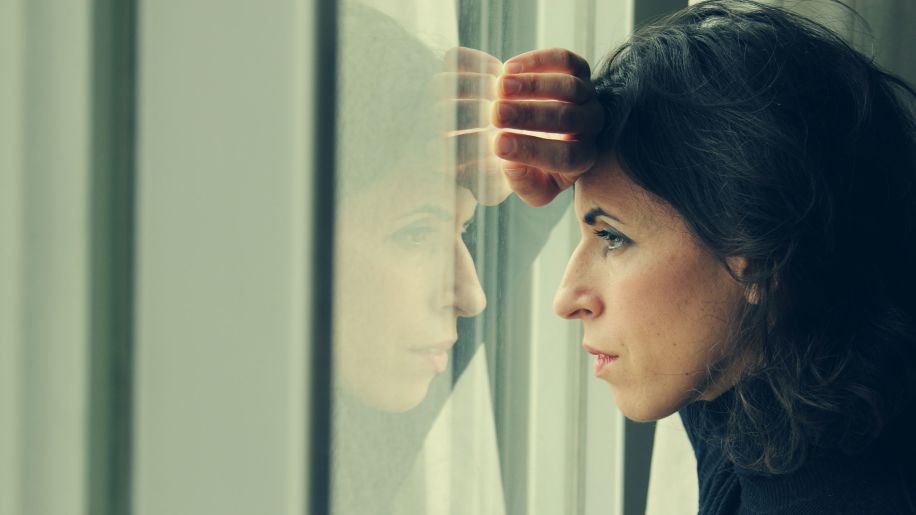
Your type of cancer
There are many different types of breast cancer—and both the type and stage of breast cancer impact treatment outcomes, as well as risk of recurrence.
In a study of nearly 3,000 people with breast cancer evaluated 5 years after therapy, the risk of recurrence was highest in those who were diagnosed with Stage III (later stage) cancers; in fact, the risk of relapse increased as the cancer Stage advanced from Stage I to III.
In addition to cancer stage, diagnosis with certain types of cancer, such as estrogen receptor (ER)-positive breast cancer, can increase risk of relapse, as some types are more difficult to treat than others. For example, inflammatory breast cancer is a rare and aggressive locally advanced breast cancer with recurrence rates up to 50 percent.

How to lower your risk of relapse
Although you can’t change certain risk factors like age of diagnosis or breast cancer type, there are other ways to lower your risk of breast cancer recurrence.
- Stick to your care schedule. Follow your doctor’s recommendations for follow-up treatment.
- Stay close to friends, family or support groups. This will keep you socially connected to avoid feelings of loneliness.
- Stay physically active; try to move your body everyday.
- Eat a balanced diet to maintain a healthy weight.
Self-monitoring is another key way to stay on top of your health. Make sure to keep track of any changes in your health, including changes near the region where your cancer was diagnosed, rashes, bruising, lumps or bumps; unexplained weight loss or unexplained pain that doesn’t go away, and any other symptoms you experienced before your diagnosis. Tell your doctor about any of these changes so you can get the help you need and potentially lower your risk of breast cancer recurrence.
Featured Content
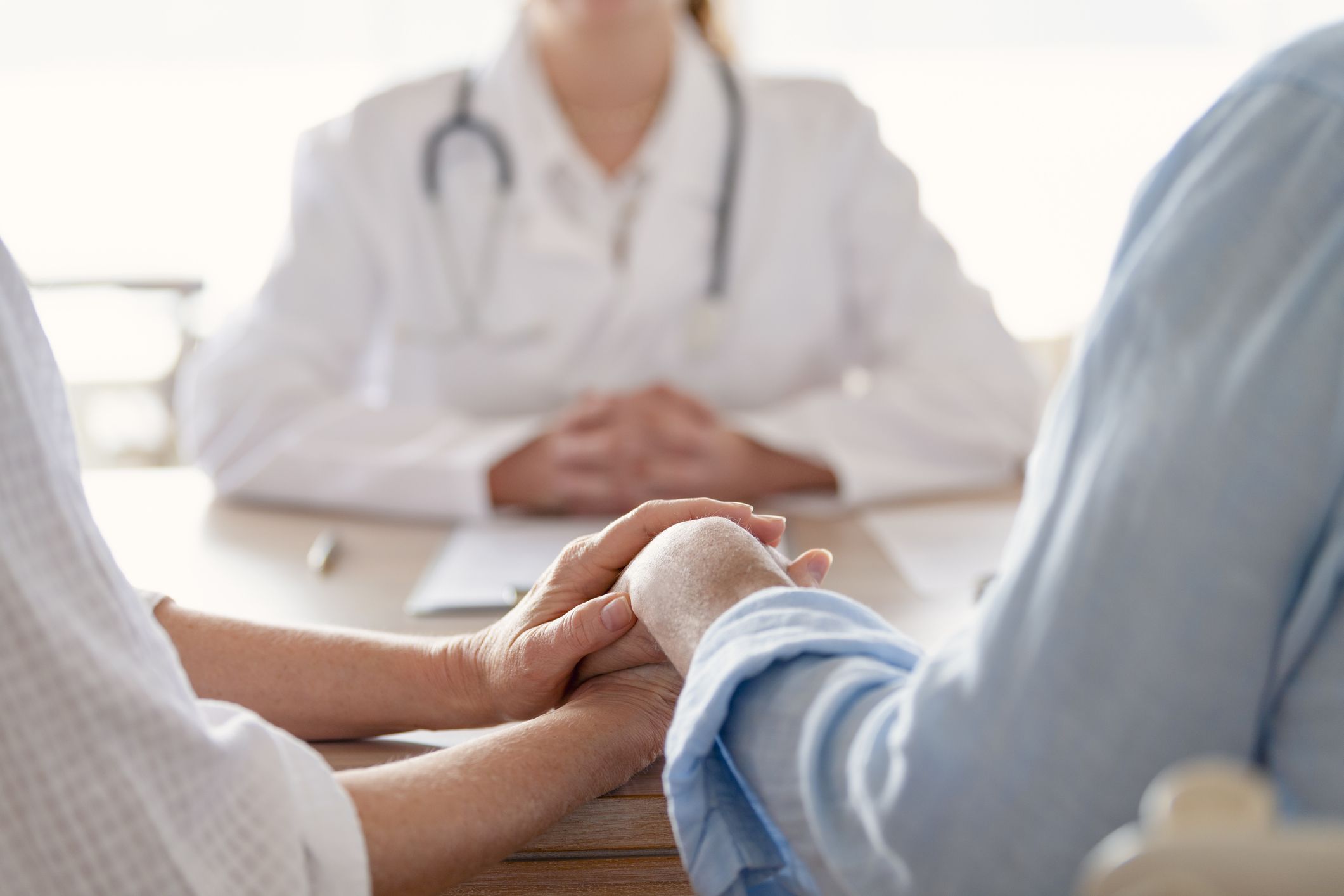
article
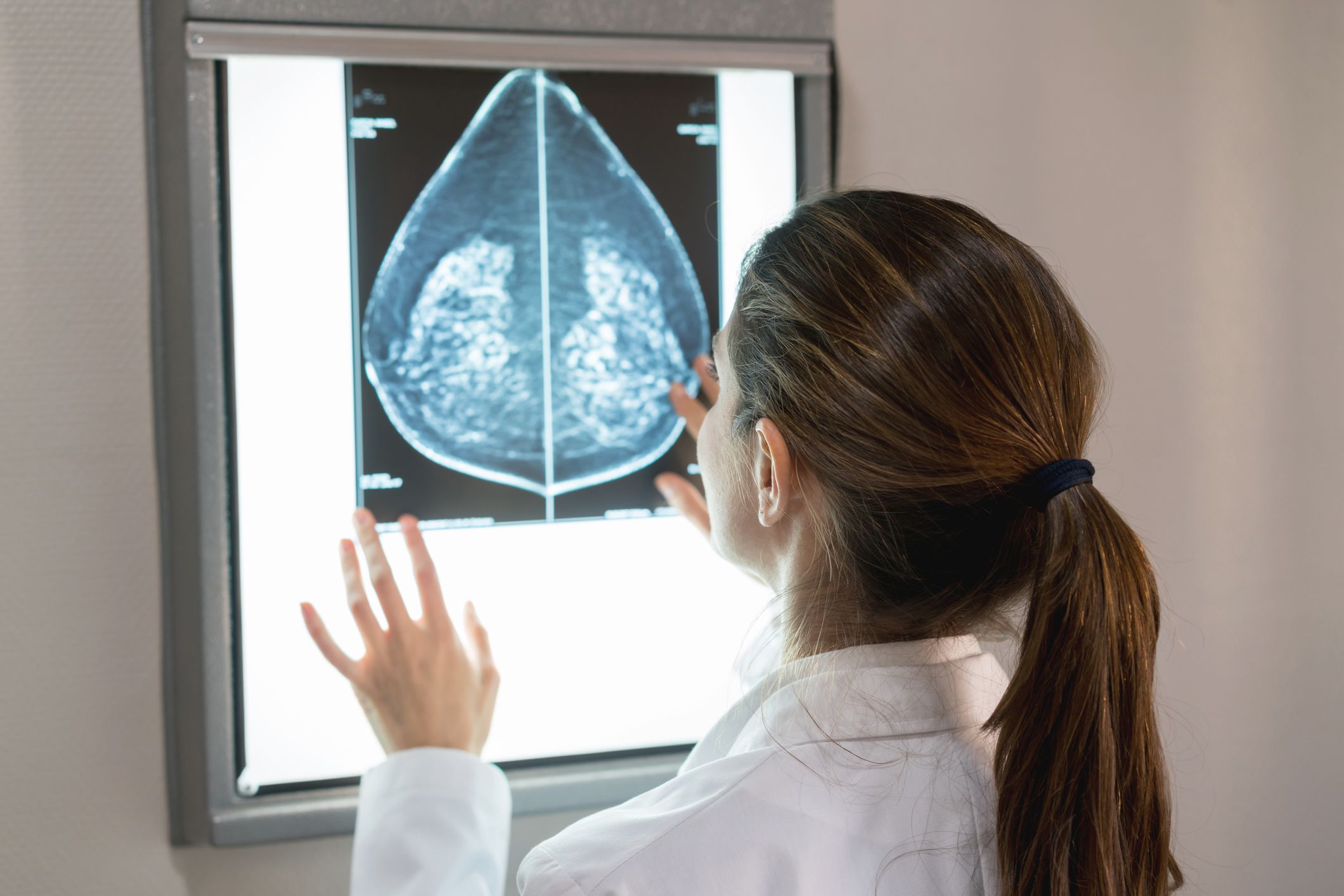
article
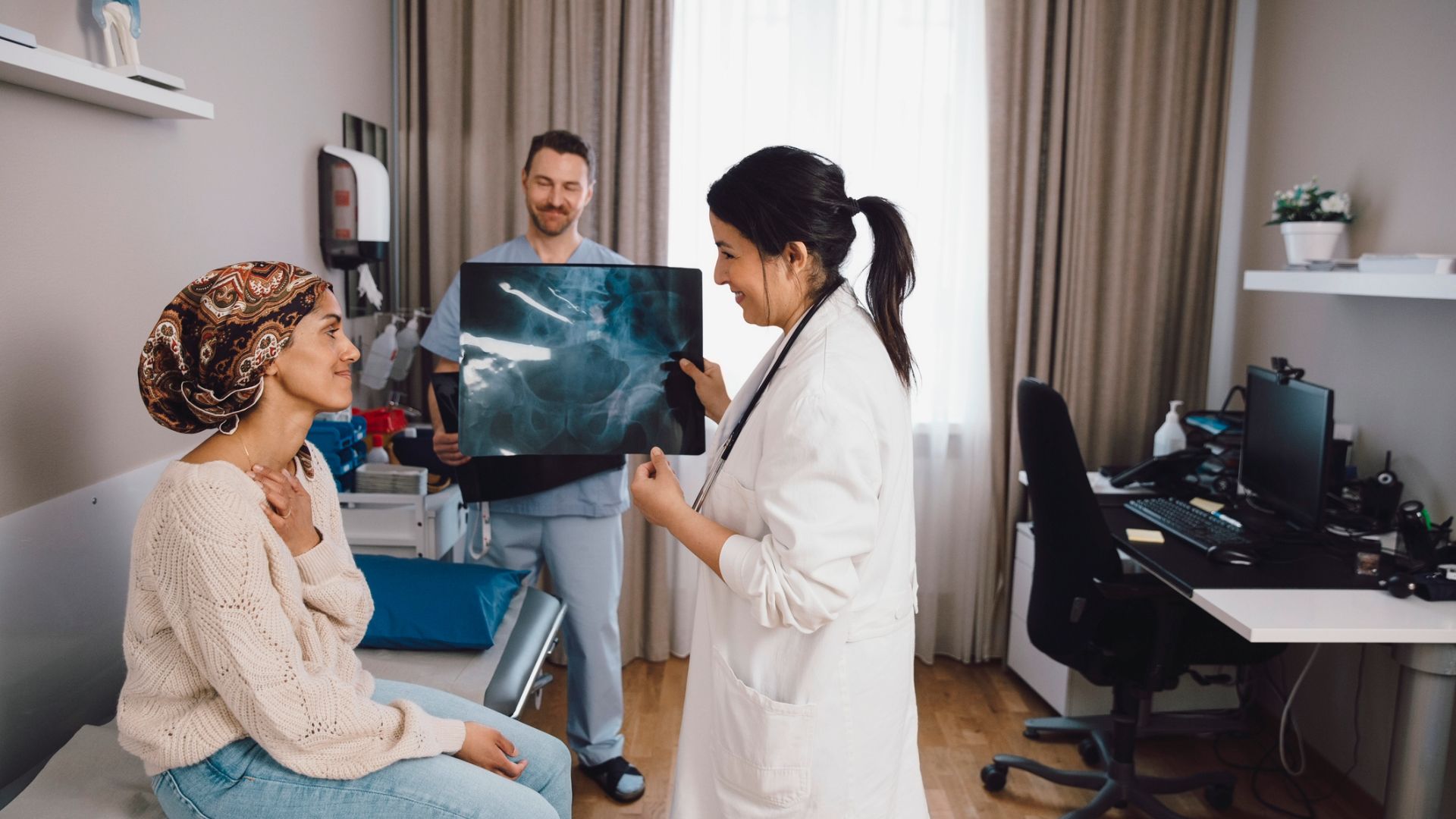
article
